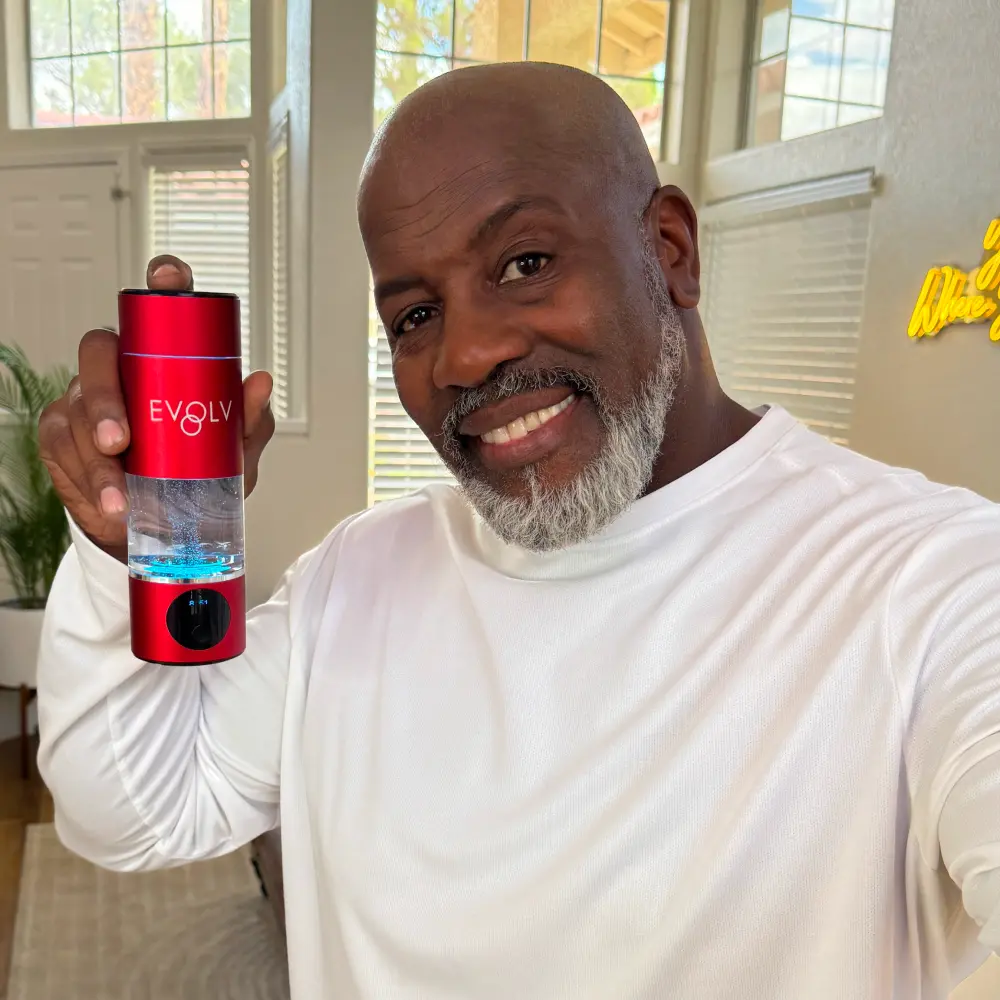
Hydrogen therapy is becoming one of the most talked-about wellness trends in both medical and holistic health circles. From athletes to patients recovering from illness, many are turning to hydrogen as a therapeutic aid. But a common question arises: Hydrogen inhalation vs. hydrogen water, which one is more effective?
Both methods promise potential antioxidant, anti-inflammatory, and cell-protective benefits, but they work in different ways. In this blog, we’ll break down the key differences, highlight the benefits of hydrogen inhalation and hydrogen water benefits, and help you decide which method might be right for you.
What is Hydrogen Therapy?
Hydrogen therapy refers to the therapeutic use of molecular hydrogen (H₂), the smallest and most bioavailable antioxidant in existence. Molecular hydrogen has been studied for its ability to neutralize free radicals, reduce inflammation, and protect cells from oxidative stress, a key factor in aging and chronic diseases.
There are two primary delivery methods:
Hydrogen inhalation therapy (breathing in H₂ gas)
Hydrogen-rich water (drinking water infused with molecular hydrogen)
Let’s explore how each method works and compare their effectiveness.
Hydrogen Inhalation: What It Is and How It Works
Hydrogen inhalation involves breathing in a low concentration of molecular hydrogen gas (usually 1–4%) through a nasal cannula or mask using a hydrogen inhaler machine. This method delivers hydrogen directly to the lungs, allowing for rapid absorption into the bloodstream.
Benefits of Hydrogen Inhalation:
Higher concentration delivery of hydrogen than water
Faster onset of effects, especially for inflammation or fatigue
May support brain, heart, and lung health
Used in clinical settings for stroke, COVID-19 recovery, and metabolic syndrome
According to multiple animal and early human studies, hydrogen inhalation therapy can reduce oxidative stress and protect against organ damage in critical care scenarios (Ohta, 2015). Some hospitals in Asia even use hydrogen gas inhalation as a supportive treatment for cancer and neurodegenerative conditions.
Hydrogen Water: What It Is and How It Works
Hydrogen water is regular water infused with dissolved molecular hydrogen. It is created using hydrogen-generating tablets or hydrogen water bottles equipped with electrolysis technology. This method allows for easy daily consumption without needing equipment like an inhaler.
Benefits of Hydrogen Water:
Convenient and portable for daily use
Supports hydration and energy
May help reduce fatigue, inflammation, and skin aging
Often used for sports recovery and general wellness
Studies show that drinking hydrogen water may improve lipid metabolism, protect against oxidative damage, and enhance athletic performance (Itoh et al., 2011). Many users also report better sleep and improved focus when drinking hydrogen-rich water regularly.
Hydrogen Inhalation vs. Hydrogen Water: Key Differences
|
Feature |
Hydrogen Inhalation |
Hydrogen Water |
|
Delivery |
Via nasal cannula or mask |
Drunk like regular water |
|
Concentration |
Higher hydrogen concentration |
Lower concentration per dose |
|
Absorption |
Immediate via lungs |
Slower via digestion |
|
Usage |
More clinical or targeted |
More lifestyle and daily wellness |
|
Convenience |
Requires a device, often at home |
Portable and on-the-go |
While hydrogen inhalation may be more effective in acute or clinical settings, hydrogen water is often favored for daily antioxidant support and general wellness. Both methods have their strengths, depending on your needs.
Which Is More Effective?
The answer depends on your health goals. If you're dealing with serious inflammation, post-surgical recovery, or chronic illness, hydrogen inhalation therapy may deliver faster and more concentrated results. It’s already being studied for diseases like Alzheimer’s, stroke, and Parkinson’s.
If you’re seeking a daily wellness boost, hydrogen water may be the better option. It’s easy to integrate into your lifestyle, cost-effective, and gentle on the body.
Many users and professionals actually recommend combining both methods—using hydrogen water during the day and hydrogen inhalation sessions a few times a week for optimal results.
Final Thoughts
So, when it comes to hydrogen inhalation vs. hydrogen water, both have scientifically backed benefits. Hydrogen inhalation offers higher and faster bioavailability, ideal for targeted treatment or high-stress situations. Hydrogen water provides a simple, accessible entry point into hydrogen therapy for daily use.
Whether you choose one or both, integrating molecular hydrogen therapy into your routine may help reduce oxidative stress, boost energy, and support overall health.
References
Itoh, T., Fujita, Y., Ito, M., Masuda, A., Ohno, K., Ichihara, M., & Ohno, K. (2011). Drinking hydrogen water enhances lipid metabolism and prevents diet-induced obesity in rats. Obesity Research & Clinical Practice, 5(4), e223–e229. https://doi.org/10.1016/j.orcp.2011.04.002
Ohta, S. (2015). Molecular hydrogen as a preventive and therapeutic medical gas: Initiation, development and potential of hydrogen medicine. Pharmacology & Therapeutics, 144(1), 1–11. https://doi.org/10.1016/j.pharmthera.2014.04.006
Nakao, A., Toyoda, Y., Sharma, P., Evans, M., & Guthrie, N. (2010). Effectiveness of hydrogen rich water on antioxidant status of subjects with potential metabolic syndrome—an open label pilot study. Journal of Clinical Biochemistry and Nutrition, 46(2), 140–149. https://doi.org/10.3164/jcbn.09-100










